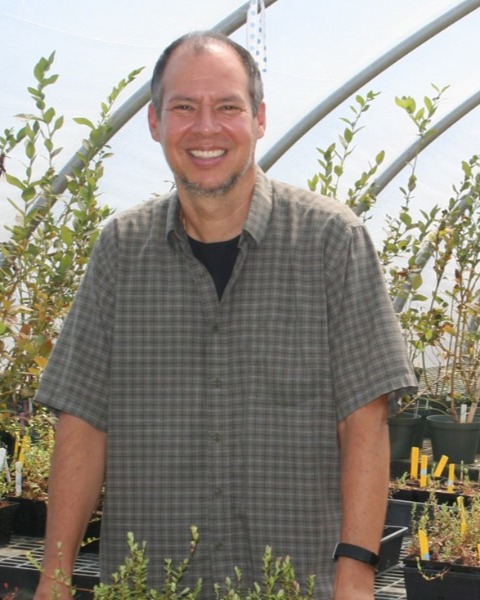Program Symposium
Transforming Teaching in Entomology: Engagement Through a Pandemic
Keeping extension alive in the times of COVID-19
Tuesday, November 2, 2021
9:17 AM - 9:29 AM MT
Location: Colorado Convention Center, Four Seasons Ballroom 1

Cesar R. Rodriguez-Saona
Extension Specialist in Entomology
Rutgers, The State University of New Jersey
Chatsworth, New Jersey- DP
Dean Polk
Rutgers University Cooperative Extension
Bridgeton, New Jersey
Presenting Author(s)
Co-Author(s)
The year 2020 was challenging for Extension. A “normal” year for us consists of regular on-season twilight meetings that provide growers with pest management recommendations for the upcoming season. These meetings not only help growers acquire useful information but are also a venue for them to see their community friends. Due to COVID-19, these meetings were all done virtually and researchers and growers had to adapt quickly to these changes. A reason for growers to attend these in-person events is to obtain certification credits to maintain their pesticide license. Growers risk losing their license if they do not accumulate enough credits during the year. There were also limitations on research activities, and hiring personnel was challenging. Luckily, research at farms could be done following the required university and CDC guidelines such as wearing masks and keeping the minimum social distance. Also, all interactions with growers were conducted outdoors, thus minimizing risks. Off-season virtual meetings provided an opportunity to invite speakers from distant US regions and even international speakers, but also limited one-on-one interactions that are critical during these events. Moving forward, growers are now used to having virtual meetings which will facilitate future interactions with them. For example, this opens the possibility of having meetings with growers without having them travel to specific locations, which will allow more grower participation at stakeholder meetings, a requirement for many multi-state projects. In sum, although we faced multiple challenges due to COVID-19, some positive changes came from this unfortunate situation.


